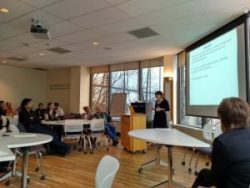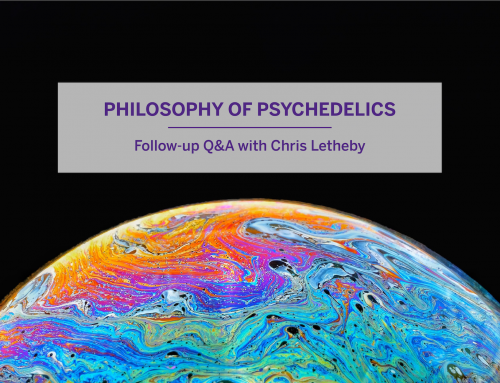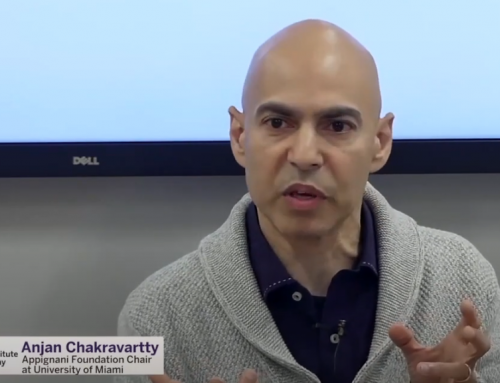A few weeks have passed since the conference I co-organized with Derek Oswick, Veromi Arsiradam, Carolyn McLeod and Jackie Sullivan on The Social Impact of Medicalizing Psychiatry, but the messages are still resonating loudly for me, and for several other participants I’ve heard from. I’d like to take a moment to reflect on these messages, and to invite other participants to share their reflections either in the comments, or in follow-up posts.
The inspiration for the conference was to carve out a position on contemporary psychiatry that is critical without being dismissive, enthusiastic without being zealous. Often criticism of psychiatry turns to anti-psychiatry, which shuts off communication with well-meaning people in the field. Likewise, enthusiasm about cutting edge research in psychiatry too often leaves out the point of view of patients and former patients whose needs haven’t been met. We wanted to start a dialogue about how psychiatry could be improved by taking on the social side that often gets neglected in the lab. I was glad to find that the discussion effortlessly stayed in that middle ground, focusing on concrete means through which psychiatry could and should be improved.
Two of the talks turned out to be topical in ways we couldn’t have anticipated when we scheduled them almost a year ago. These dealt with the psychiatric challenges faced by refugee and migrant populations as they flee adverse conditions, navigate the bureaucratic struggles of getting status elsewhere, and adjust to a new life. That a speaker who is a Canadian citizen would have reason to worry about the safety of crossing the US border to attend was not yet imaginable at that time, but that turned out to be a situation we had to worry about in the last weeks before the conference. Hearing about the mental health impacts of migration from Kelly Anderson and Branka Agic brought the topic into even starker relief, given the disturbing news about immigration coming regularly from south of the border.
In the conversations I’ve had since the conference, many opportunities have arisen to share information learned from the talks with a wider audience. I had a long discussion with my students about the problem of cultural differences in standards of childcare for arriving migrants, and how to make sure those are taken into account by Childrens’ Aid Societies, informed by a Q&A discussion between Carolyn and Branka. Jim Brown’s example of how Prozac was re-patented as a PMS drug helped inform a Rotman Institute reading group discussion about the ontology of psychiatry.
As at most Rotman Institute events, the audience was a heterogeneous mix of people from various science departments, in addition to our resident philosophers of science and ethicists. I am curious to know how the conversations begun at the conference have spread outside our walls too. One participant expressed to me the desire to continue the discussion here on the Rotman blog. I asked her to start the ball rolling, so below are comments by Dihnorath Solange Pimentel Hernandez on two topics that she found notable.
On the opportunity to be involved:
“Being an immigrant with a professional health career and a pharmaceutical sciences background, I found this academic space full of supportive concepts; without trying to be exhaustive about it, the theory in regards to mental health risk and delimitation for an early intervention in specific immigrant groups had a huge relevance in my point of view; as well as the pharmaceutical (or perhaps drug) treatments being biased by the need to satisfy sales and marketing expectations. In general, the presenters allowed me to consider their perspectives and continue working in my goal to be inclusive in this society.”
On the role of philosophy:
“The second element is the recognition of the innovative perspective of the philosophy science. How this science manages the social/mental/pharmaceutical problem. It is astonishing to look elements up from different areas like Psychology, Anatomy. Physiology, Sociology even the Statistics and being described, analyzed and assemble like
only the philosophers can do it. I consider the philosophical approach a truly reconciling and constructive option that should impulse the solution for this kind of explicit problems.”
Please add your thoughts about these or any other topics inspired by the conference in the comments below, or contact us to contribute a blog post of your own.
Pictured above: Şerife Tekin presents “The Self and Mental Disorder Narratives” at the Social Impact of Medicalizing Psychiatry Workshop on February 17, 2017.






